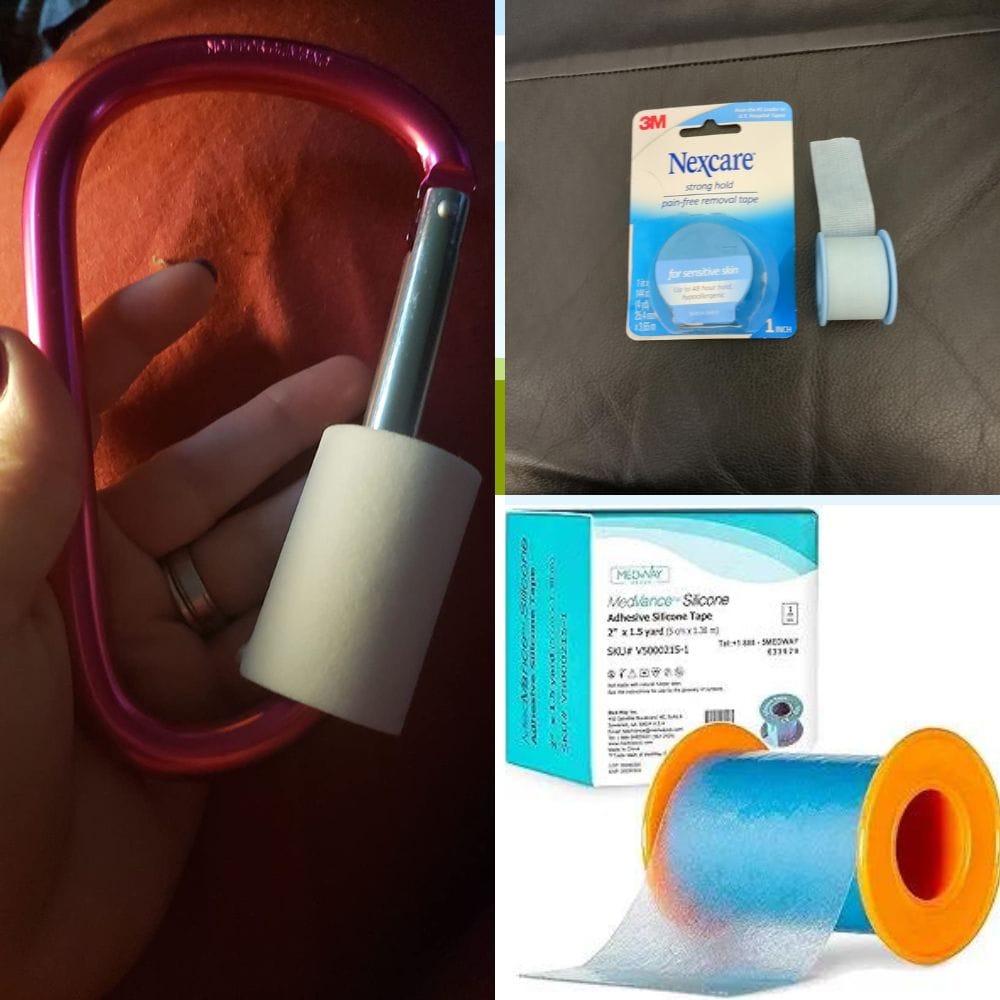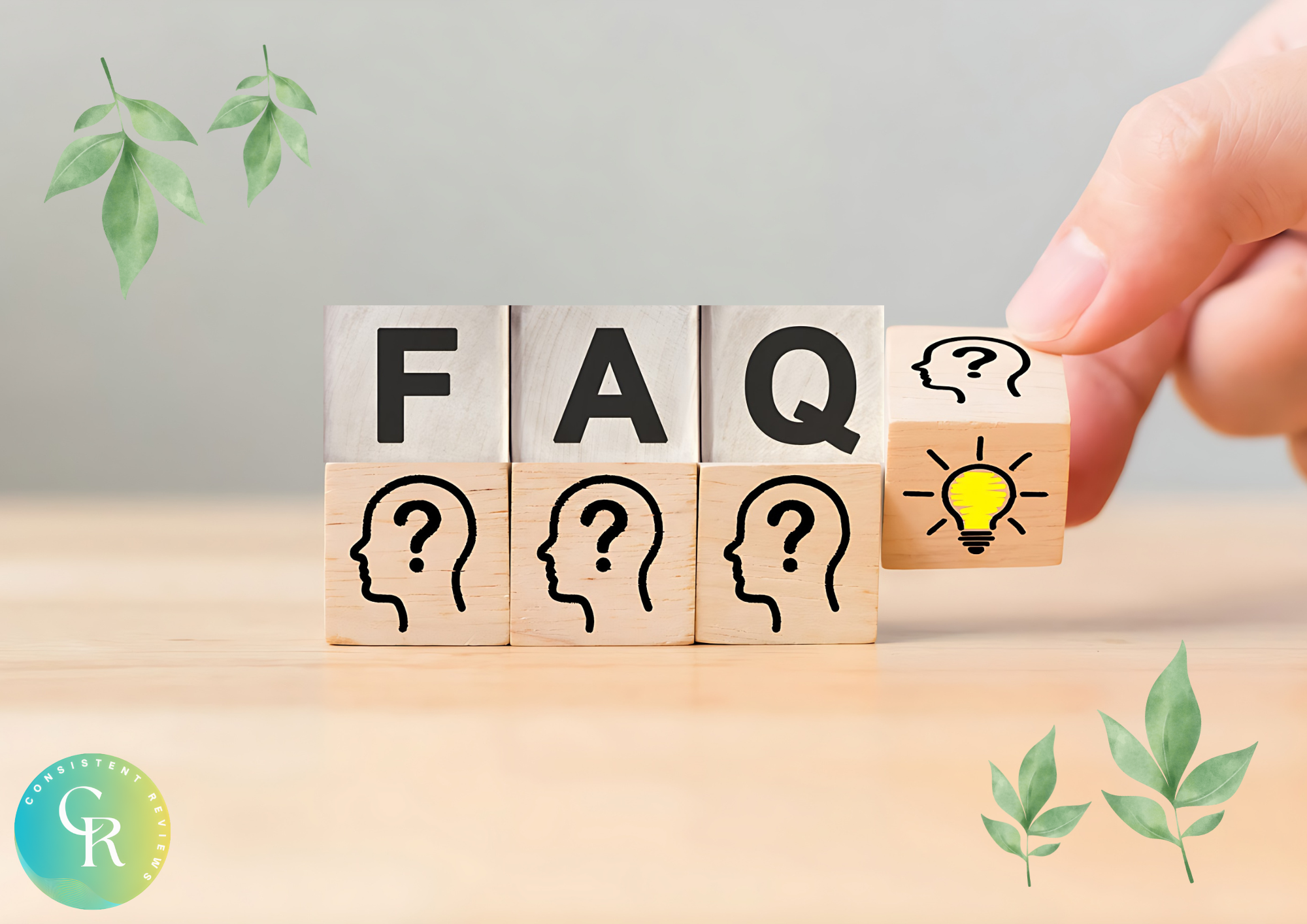Key Takeaways:
- Mouth taping can potentially improve oral health by promoting nasal breathing.
- There are risks involved, such as potential discomfort and skin irritation.
- Consultation with a dental professional is crucial before starting mouth taping.
Introduction to Mouth Taping
Mouth taping has become a hot topic in recent years, especially among those exploring alternative health practices. This technique involves placing a piece of tape over the lips to encourage nasal breathing during sleep. While it might sound peculiar, proponents argue that it can lead to numerous health benefits, including improved dental health. But is mouth taping really good for your teeth? Let's dive into the details.
The practice of mouth taping is rooted in the belief that nasal breathing is more beneficial than mouth breathing. Nasal breathing filters and humidifies the air, which can help reduce the risk of oral health issues. However, the idea of taping one's mouth shut can be intimidating, and it's essential to weigh the benefits against the potential drawbacks.
Understanding the Science Behind Mouth Taping

Mouth taping is based on the principle that nasal breathing is superior to mouth breathing. When you breathe through your nose, the air is filtered and moistened, which can help prevent dry mouth—a common cause of tooth decay and gum disease. Additionally, nasal breathing can improve oxygenation, leading to better overall health.
However, the science supporting mouth taping is still in its infancy. While some studies suggest that nasal breathing can improve oral health, more research is needed to confirm the effectiveness of mouth taping specifically. It's crucial to approach this practice with caution and consult with a healthcare professional before trying it.
Potential Benefits of Mouth Taping for Oral Health
One of the primary benefits of mouth taping is the potential reduction in dry mouth. When you breathe through your mouth, saliva production decreases, leading to a dry environment that can foster bacteria growth. By promoting nasal breathing, mouth taping may help maintain a healthier oral environment.
Another potential benefit is the reduction of snoring and sleep apnea symptoms. Mouth breathing is often linked to these conditions, which can negatively impact dental health. By encouraging nasal breathing, mouth taping might help alleviate these issues, leading to better sleep quality and improved oral health.
Risks and Concerns Associated with Mouth Taping

Despite its potential benefits, mouth taping is not without risks. One of the primary concerns is the possibility of skin irritation or allergic reactions to the adhesive used in the tape. It's essential to choose a hypoallergenic tape and test it on a small area of skin before applying it to your lips.
Another concern is the potential for discomfort or anxiety, especially for those who are claustrophobic or have a history of breathing difficulties. It's crucial to listen to your body and discontinue the practice if you experience any adverse effects. Consulting with a healthcare professional can help address these concerns and determine if mouth taping is suitable for you.
How to Safely Practice Mouth Taping
If you're considering mouth taping, it's important to do so safely. Start by selecting a gentle, hypoallergenic tape designed for skin application. Cut a small piece and place it vertically over your lips, ensuring that you can still breathe through your nose comfortably.
Begin by trying mouth taping for short periods, such as during a nap, to see how your body responds. Gradually increase the duration as you become more comfortable. Always prioritize your comfort and safety, and consult with a healthcare professional if you have any concerns.
The Role of Nasal Breathing in Oral Health

Nasal breathing plays a crucial role in maintaining oral health. When you breathe through your nose, the air is filtered and humidified, which can help prevent dry mouth and reduce the risk of tooth decay and gum disease. Additionally, nasal breathing can improve oxygenation, leading to better overall health.
By promoting nasal breathing, mouth taping may help maintain a healthier oral environment. However, it's important to remember that mouth taping is not a substitute for good oral hygiene practices, such as regular brushing and flossing.
Case Studies and Real-Life Experiences
Several individuals have shared their positive experiences with mouth taping, reporting improvements in sleep quality and oral health. For example, one user noted a significant reduction in morning dry mouth and improved breath freshness after incorporating mouth taping into their nightly routine.
However, it's important to remember that individual experiences can vary. While some people may find mouth taping beneficial, others may not experience the same results. It's crucial to approach this practice with an open mind and consult with a healthcare professional to determine if it's right for you.
Expert Opinions on Mouth Taping

Dental professionals have mixed opinions on mouth taping. Some experts acknowledge the potential benefits of promoting nasal breathing but caution against using mouth taping as a standalone solution for oral health issues. They emphasize the importance of maintaining good oral hygiene practices and consulting with a dentist before trying mouth taping.
Other experts express concerns about the lack of scientific evidence supporting mouth taping and the potential risks involved. They recommend exploring alternative methods to improve nasal breathing, such as nasal strips or breathing exercises, before resorting to mouth taping.
Alternatives to Mouth Taping
If mouth taping doesn't appeal to you, there are alternative methods to promote nasal breathing. Nasal strips, for example, can help open the nasal passages and improve airflow, reducing the likelihood of mouth breathing during sleep.
Breathing exercises, such as Buteyko or pranayama, can also help train your body to breathe through your nose. These exercises focus on improving breath control and increasing awareness of your breathing patterns, which can lead to better oral health and overall well-being.
The Importance of Consulting a Professional

Before trying mouth taping, it's essential to consult with a healthcare professional, such as a dentist or sleep specialist. They can help assess your individual needs and determine if mouth taping is a suitable option for you.
A professional can also provide guidance on safe practices and recommend alternative methods to improve nasal breathing. By seeking expert advice, you can make an informed decision and prioritize your health and safety.
Common Misconceptions About Mouth Taping
There are several misconceptions about mouth taping that can lead to confusion. One common myth is that mouth taping is a cure-all for oral health issues. While it may offer some benefits, it's not a substitute for good oral hygiene practices and regular dental check-ups.
Another misconception is that mouth taping is suitable for everyone. In reality, it may not be appropriate for individuals with certain medical conditions, such as sleep apnea or respiratory issues. It's crucial to consult with a healthcare professional to determine if mouth taping is right for you.


Is mouth taping safe for everyone?
Mouth taping may not be suitable for everyone, especially those with certain medical conditions, such as sleep apnea or respiratory issues. It's important to consult with a healthcare professional before trying mouth taping to ensure it's safe for you.
Can mouth taping replace good oral hygiene practices?
No, mouth taping is not a substitute for good oral hygiene practices. It's essential to maintain regular brushing, flossing, and dental check-ups to ensure optimal oral health.
What are some alternatives to mouth taping?
Alternatives to mouth taping include nasal strips and breathing exercises, such as Buteyko or pranayama. These methods can help promote nasal breathing and improve oral health without the potential risks associated with mouth taping.

Mouth taping is an intriguing practice that has gained popularity for its potential benefits in promoting nasal breathing and improving oral health. While it may offer some advantages, such as reducing dry mouth and improving sleep quality, it's essential to approach this practice with caution. Consulting with a healthcare professional and exploring alternative methods can help ensure that you make an informed decision that prioritizes your health and safety.











